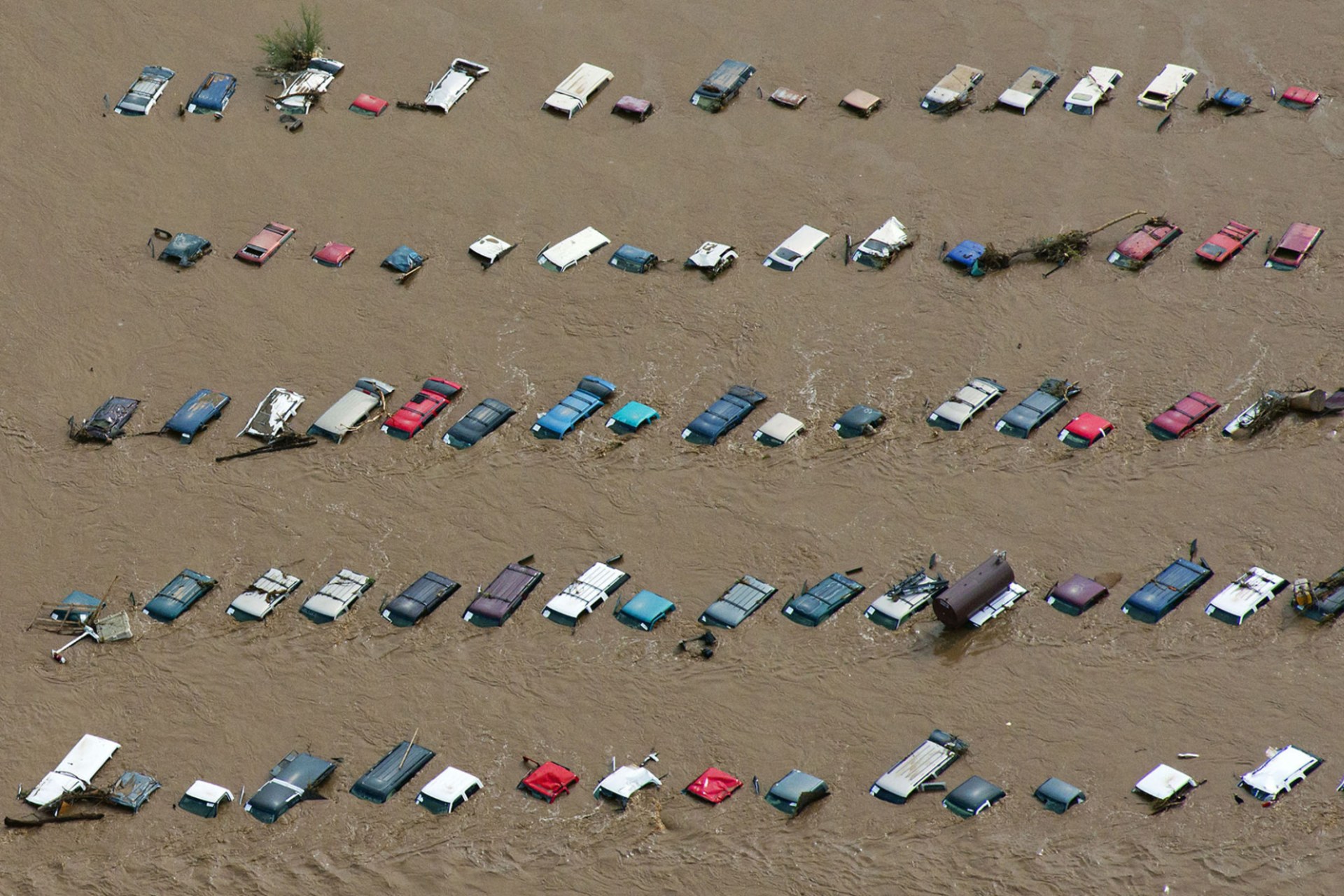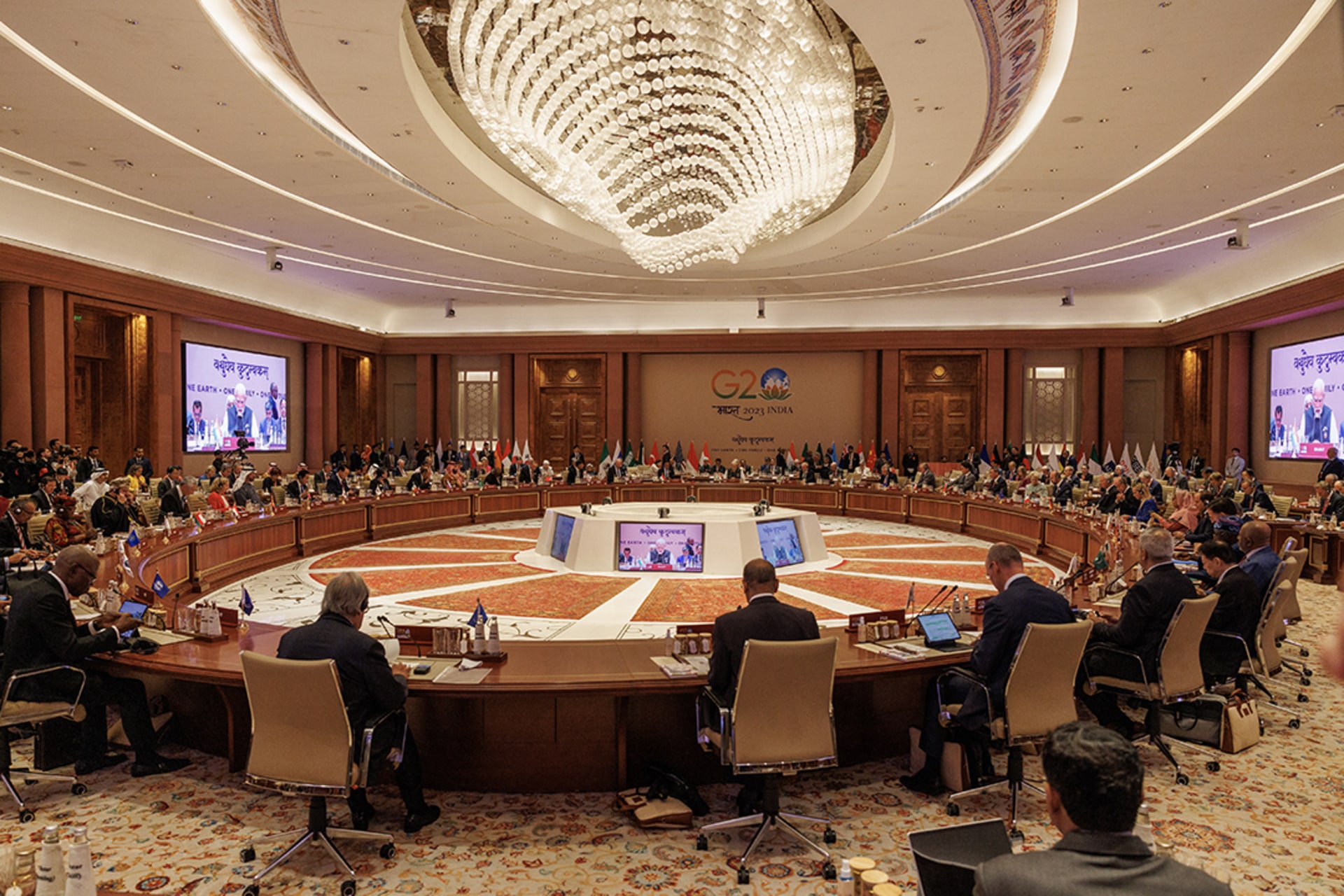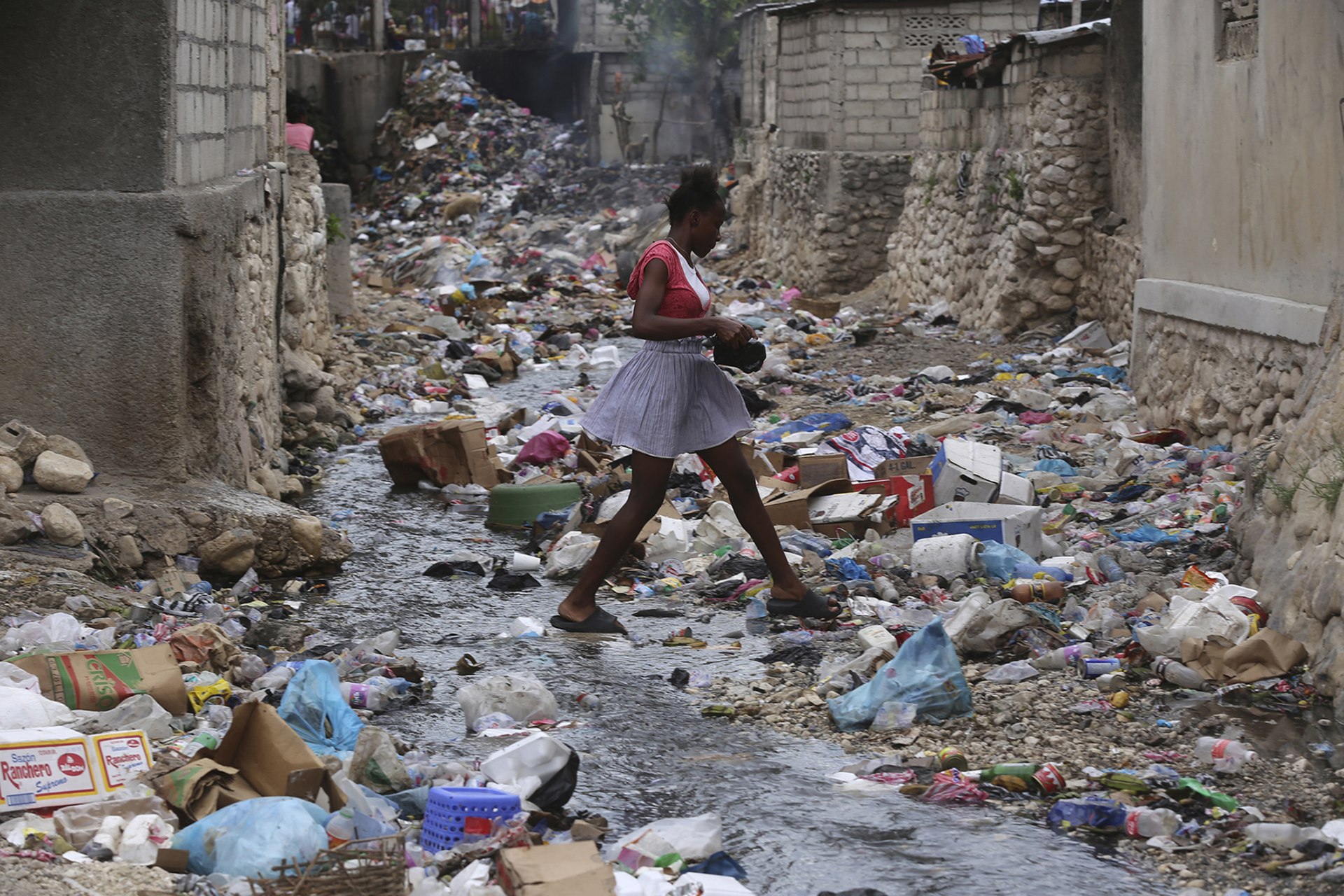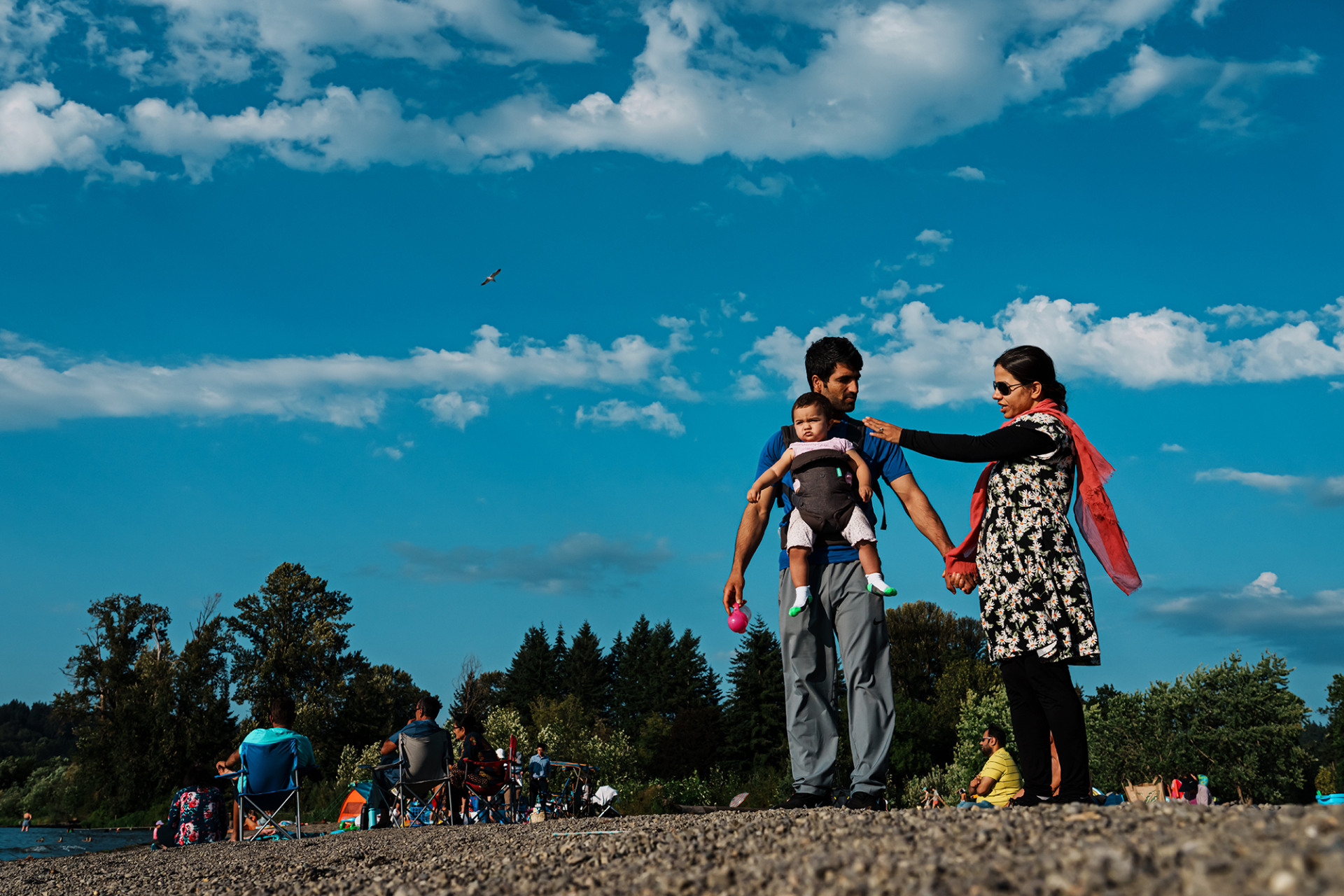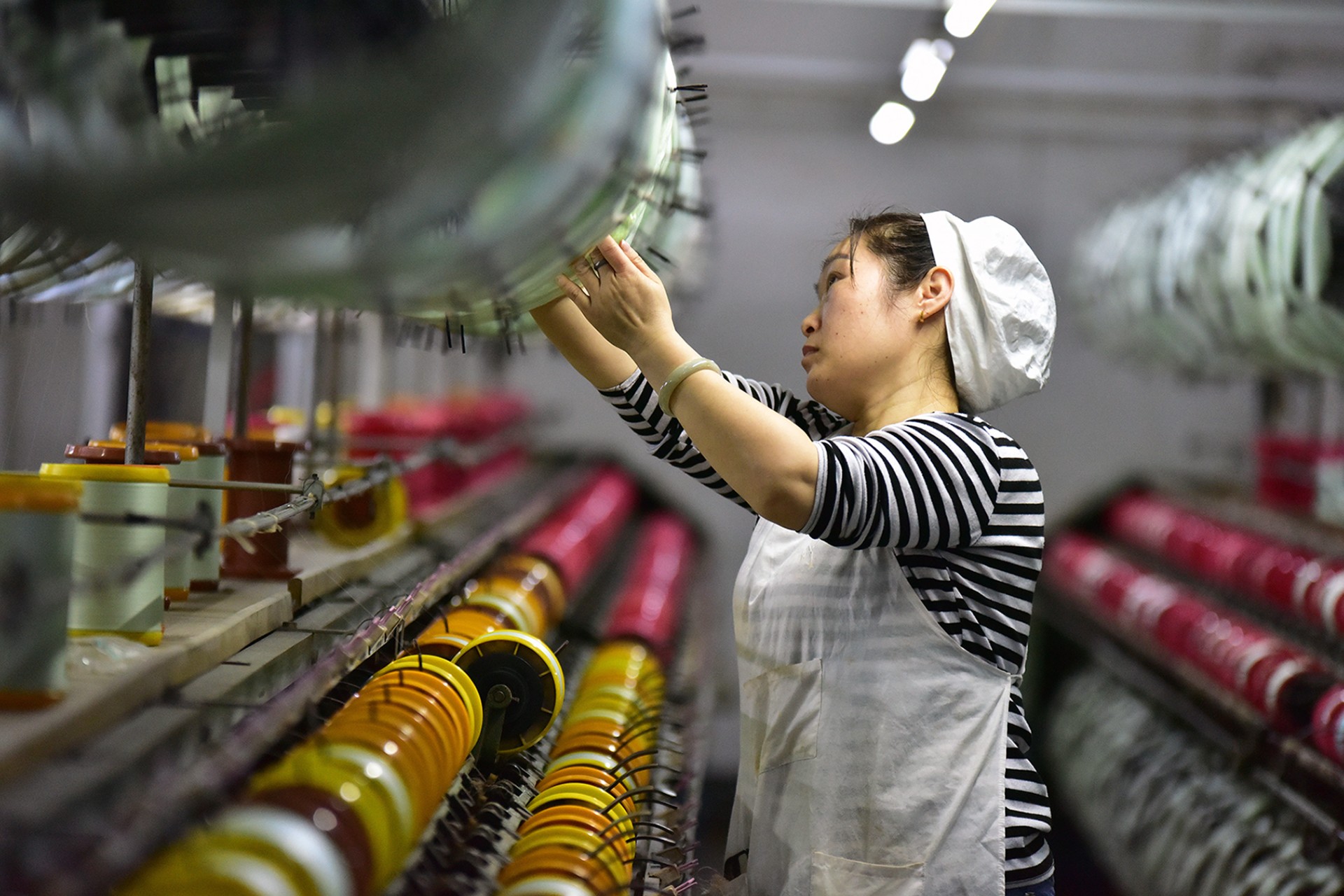IRAN: Nuclear Weapons
Published
This publication is now archived.
What steps are being taken to curb Iran’s nuclear program?
Iranian officials have admitted to the United Nations International Atomic Energy Agency (IAEA) that they have been secretly developing a broad range of nuclear capabilities for the past 18 years. The IAEA board decided not to sanction Iran for these disclosures. Instead, on November 26 it adopted a resolution that condemned Iran’s past violations of IAEA rules and welcomed Iran’s new pledges of cooperation. In recent weeks, Iran has agreed to snap weapons inspections and a temporary halt to its uranium enrichment program.
What is the Bush administration’s reaction to this deal?
Secretary of State Colin Powell said November 26 he was “very happy” with the IAEA resolution. But U.S. officials had been pushing for stronger action against Iran. Specifically, they wanted Iran to be declared in breach of the 1968 Nuclear Non-Proliferation Treaty (NPT) and for the matter to be referred to the U.N. Security Council, which could then impose sanctions. U.S. officials failed to convince a majority of countries on the 35-member IAEA board that this step was required. According to The New York Times, only Canada, Australia, and Japan agreed to support the U.S. position.
Why did most countries push for a compromise?
One reason was that the IAEA did not consider Iran’s many violations of specific nonproliferation rules proof that Iran had a nuclear weapons program. This conclusion led to outrage on the part of the U.S. representative to the IAEA, Kenneth Brill, who said the Iranian government had “systematically and deliberately deceived the IAEA and the international community about these issues for year after year after year” to further its “pursuit of nuclear weapons.” Many international nuclear experts have agreed that the types of experiments Iran was conducting--such as uranium enrichment by laser--strongly suggest the existence of a nuclear weapons program.
Another reason was that officials from France, Germany, and Britain were eager to encourage so-called pragmatic leaders in Iran who are pressing for greater engagement with the international community, rather than continued isolation. Hardliners in Iran have argued that their country--which the State Department classifies as the leading state sponsor of terrorism--should drop out of the NPT and speed up development of a nuclear bomb. This path, similar to the one pursued by North Korea, would have escalated the crisis, proponents of engagement say.
What does the new IAEA resolution say about Iran’s nuclear program?
It “strongly deplores Iran’s past failures” to disclose its nuclear program and calls on Iran “to undertake and complete the taking of all necessary corrective measures on an urgent basis,” according to press reports. The IAEA’s latest analysis of Iran’s nuclear program found “that Iran has failed in a number of instances over an extended period of time to meet its obligations” with respect to the reporting, processing, and use of nuclear materials. However, it found “no evidence” that Iran was pursuing nuclear weapons--a phrase IAEA head Mohammed ElBaradei later explained meant “no proof” in a legal sense.
What would happen if Iran violates more IAEA rules?
The agency would then be able to use “all options at its disposal” to punish Iran, according to the IAEA resolution. U.S. diplomats say this language is a veiled reference to U.N. Security Council action.
Does Iran have a program to build nuclear weapons?
Many international officials and weapons experts believe it does. The Bush administration is concerned that a nuclear-armed Iran, one of the three nations in the group President Bush labeled the “axis of evil,” would further destabilize the Persian Gulf region and possibly give terrorists access to weapons of mass destruction.
Why does Washington suspect Iran is seeking nuclear weapons?
Iran’s secret nuclear program included all the steps needed to make fissile material for a nuclear bomb. U.S. officials argue that Iran would not have denied the existence of a peaceful nuclear energy program. Iran also has the world’s sixth largest oil reserves, raising suspicions about why it would spend billions of dollars to develop nuclear power plants. Iranian officials, however, say their program is committed to nuclear power and other peaceful uses.
Will the new agreement prevent Iran from getting a nuclear weapon?
It’s unclear. Some experts and international officials argue that the new, more rigorous IAEA inspection protocol, coupled with Iran’s desire to engage with the international community, will dissuade it from seeking nuclear weapons. Others point out that powerful elements within the Iranian government, including the leadership of the Revolutionary Guards, remain intent on acquiring the capability to develop atomic weapons, raising concerns that Iran might continue to conceal parts of its nuclear program. Nuclear experts also warn that, under the terms of the NPT, Iran can legally develop a peaceful nuclear power program, then drop out and rapidly convert it to an illegal weapons program. According to the NPT, Iran may build any nuclear facility, including uranium enrichment plants to create nuclear fuel, as long as the facility is devoted to peaceful uses and subject to IAEA safeguards and inspections.
When could Iran have a nuclear weapon?
The Bush administration has been operating on the assumption that Iran could have a nuclear bomb by 2006 if no steps are taken to slow the program, says Kenneth Katzman, a specialist in Middle East affairs for the Congressional Research Service. On June 11, Secretary of Defense Donald H. Rumsfeld said, “The assessment is that they [the Iranians] do have a very active program and are likely to have nuclear weapons in a relatively short period of time.” Previous administration forecasts--made before Iran’s stepped-up uranium enrichment activities were discovered in February 2003--indicated Iran could go nuclear by the end of the decade.
What is Iran’s main civilian nuclear facility?
When it’s completed, it will be an $800 million Russian-built nuclear power plant at Bushehr, along the Persian Gulf in southwestern Iran. Bushehr is scheduled to open in 2005, and Russian officials say they will continue to build the reactor despite fears that Iran could divert expertise and spent fuel into a nuclear weapons program. Bushehr will be subject to IAEA inspections, and to further safeguard the plant, Russian officials have said they will require all spent fuel rods from Bushehr to be returned to Russia. The rods contain plutonium, which can be reprocessed to fuel a nuclear bomb.
What are some of the warning signs that Iran is seeking nuclear weapons?
Among them:
- Iranian officials have admitted that Iran has been secretly developing, for 18 years, a uranium centrifuge enrichment program, and, for 12 years, a laser enrichment program, in violation of Iran’s nuclear safeguards agreement with the IAEA.
- Iran has secretly produced small amounts of low-enriched uranium and plutonium, in violation of the IAEA agreement.
- Iran revealed in February that it was constructing a secret gas centrifuge uranium-enrichment plant at Natanz. Subsequent IAEA inspections found traces of weapons-grade uranium there.
- Traces of enriched uranium were also found at a centrifuge workshop near Tehran called the Kalaye Electric Company.
- Iran also revealed in February that a secret heavy water production facility was under construction in Arak, just north of Natanz. Heavy water can be used to produce plutonium, another fuel for nuclear explosions.
- Iran failed to reveal to the IAEA that it imported 1.8 metric tons of natural uranium from China in 1991 and stored it at an undisclosed laboratory at the Tehran Nuclear Research Center.
- Iranian officials want to mine and enrich their own uranium, which many experts say is costly and unnecessary for the civilian nuclear program that Iran is pursuing. On October 21, Iran agreed to suspend, but not dismantle, this aspect of its program.
Why did Iran announce the existence of the secret plants in February?
It’s not clear. Some experts say that Iran has decided the best way to keep its nuclear program afloat and allay international suspicion is to comply fully with IAEA rules. Others say Iran got caught with a secret program and was trying to minimize the damage. An Iranian opposition group, the Mujahadeen-e-Khalq (which is classified by the U.S. State Department as a terrorist group), announced in August 2002 that it had intelligence about the two facilities, taking many international governments by surprise.
Will this issue be resolved diplomatically?
It appears so, if Iran follows through with its pledges to cooperate with the IAEA and opens all of its nuclear facilities to international inspectors. If Iran continues to violate its agreements, however, sanctions or other punishments could follow. According to the Bush administration, a unilateral military strike against Iran’s nuclear facilities is not currently under consideration.t
Colophon
Staff Writers
- Sharon Otterman
